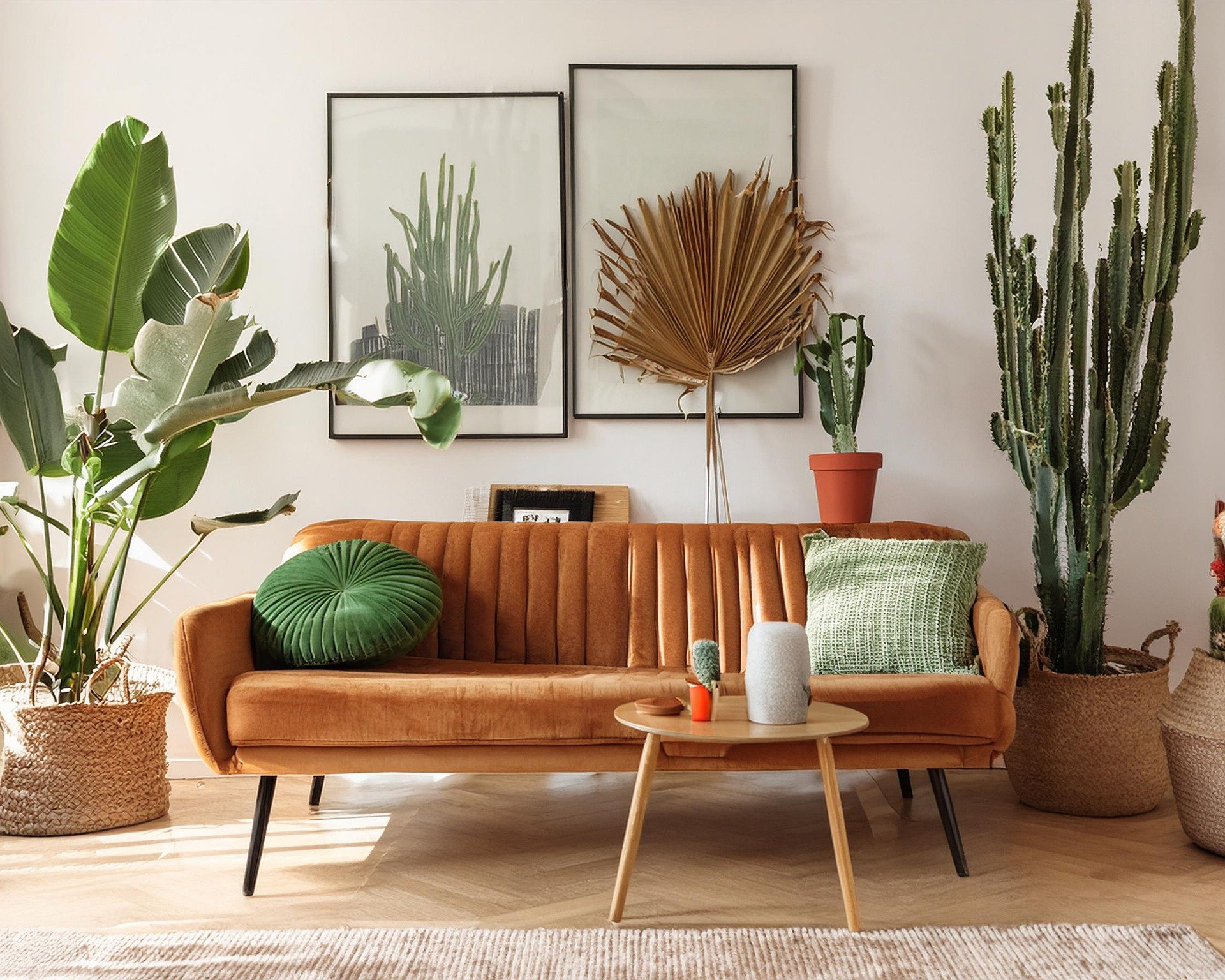Reimagining Space: The Rise of Multi-Functional Room Design
Introduction: In this demanding era where homes double as workplaces, multi-functional room designs are rapidly gaining traction. This article offers a deep-dive into this rising trend, exploring its practicality, market trends, and transformative potential for everyday living.

A Journey Through Time: The Emergence of Multi-Functional Spaces
The concept of multi-functional spaces isn’t entirely new. They were quite popular in medieval times when the great hall of a castle served various purposes—from dining room to courtroom. However, the advent of industrialization brought about dedicated spaces for specific activities. Fast forward to today, the pendulum is swinging back due to urbanization and space constraints, leading to the rise of multi-functional room designs.
The Pulse of the Present: Current Trends in Multi-Functional Design
Multi-functional designs are more than a mere response to shrinking living spaces. They echo the dynamic lifestyles of modern dwellers who value versatility and adaptability. A living room that transforms into a workspace during the day, kitchens with breakfast nooks or study areas, and bedrooms with integrated fitness zones are some of the current manifestations of this trend.
The Practical Aspect: Why Multi-Functional Designs Work
The practicality of multi-functional room design lies in its ability to optimize space usage without compromising aesthetics. It allows homeowners to make the most out of their limited space, catering to various needs without having to add square footage. This is particularly beneficial in urban settings where space is a luxury.
Market Trends: Consumer Shift Towards Multi-Functional Designs
With the rise of remote work and home-based learning, there’s been a significant shift in consumer preference towards multi-functional designs. Market research indicates a surge in demand for convertible furniture and modular units that can easily adapt to different functions, reflecting the growing acceptance of this trend.
Enriching Lifestyle: The Impact of Multi-Functional Room Design
Multi-functional spaces are not just about saving space—they’re about enhancing quality of life. They foster flexibility, making it easier to balance work, leisure, and personal time under one roof. Innovative solutions like movable walls and transformable furniture contribute to creating a home that evolves with the inhabitants’ needs, providing a unique blend of convenience, comfort, and functionality.
In conclusion, multi-functional room design is more than a passing trend—it’s a reflection of our evolving lifestyles. Its rise underscores the need for adaptable, versatile spaces that cater to our multifaceted lives, marking a significant shift in how we perceive and utilize our living spaces. As we move forward, this trend is likely to gain even more momentum, redefining the future of home design.




